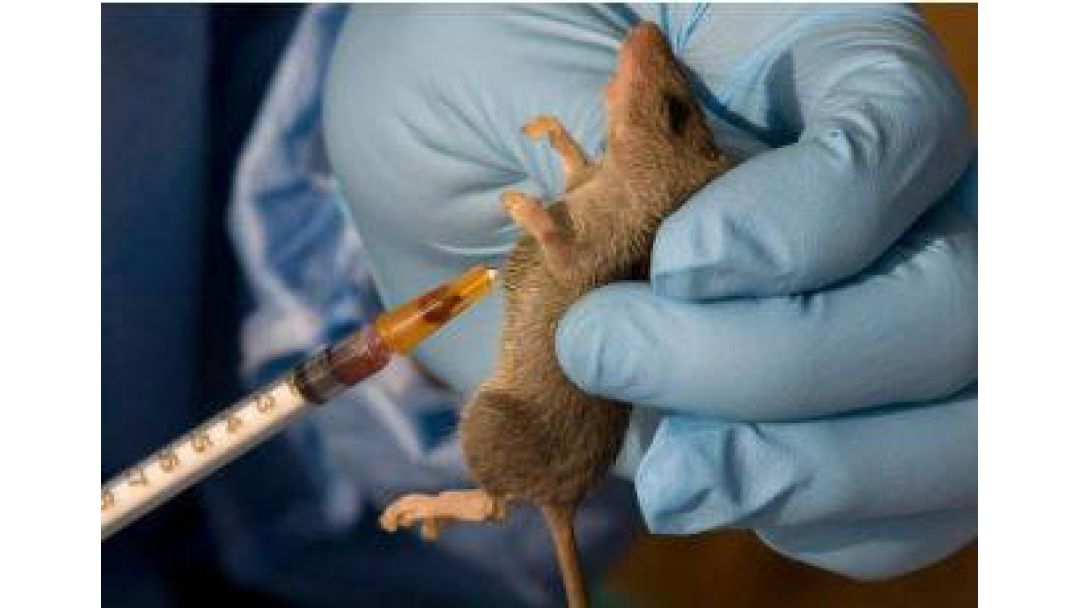Nigeria TV Info — Health News
Lassa fever has claimed the lives of 118 Nigerians in the first quarter of 2025, even as the country steps up efforts to tackle the deadly virus through a new international research collaboration.
According to the Coalition for Epidemic Preparedness Innovations (CEPI), Nigeria has joined a $6.4 million international consortium aimed at accelerating the development of a vaccine against Lassa fever.
The initiative, known as Unravelling Natural and Vaccine-Elicited Immunity to Lassa Fever (UNVEIL), is being led by the University of Texas Medical Branch (UTMB). CEPI confirmed the development in a statement issued in Abuja on Sunday and made available to the News Agency of Nigeria (NAN).
The UNVEIL consortium brings together international experts and institutions focusing on understanding both natural immune responses and the immunity generated by vaccine candidates. The information generated is expected to guide the development of an effective vaccine that will curb the recurring outbreaks in West Africa, particularly in Nigeria.
Lassa fever is an acute viral haemorrhagic illness that is transmitted to humans through contact with food or household items contaminated by infected rodents. Human-to-human transmission can also occur through contact with the blood, urine, or other bodily fluids of infected people.
Public health authorities have continued to urge Nigerians to maintain good hygiene practices and avoid contact with rodents in order to reduce the spread of the disease.
Nigeria has experienced recurrent outbreaks over the years, especially during the dry season, with the most affected states located in the nation’s southern and central regions.
Health officials say the country’s participation in the UNVEIL project represents a critical step toward finding a long-term solution to the disease and reducing the burden on local health systems.
CEPI expressed optimism that the partnership will accelerate the development process and close existing knowledge gaps related to how the human body responds to the Lassa fever virus.


Comments